Upcoming Live Webinars
Take your skills to the next level! Sign up for one of our upcoming live webinars.
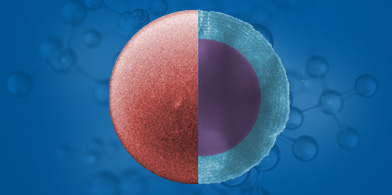
Symbiosis of Core-Shell and Fully Porous Particles
April 22, 2025
10:00am PST
10:00am PST
April 28, 2025
1:00pm BST
1:00pm BST
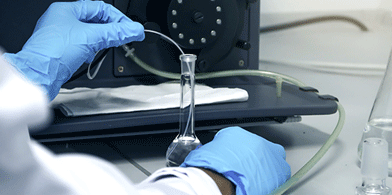
Analytical Strategies for GLP-1 Agonists: Aggregation, Related Substances and Stability Workflows
December 2-3, 2025
10:00am PST
10:00am PST
December 2-3, 2025
9:00am GMT
9:00am GMT
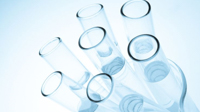

Knowing your Analyte Properties to Optimize Analysis
January 20, 2026
10:00am PST
10:00am PST
January 21, 2026
9:00am GMT
9:00am GMT
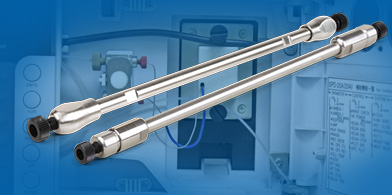

Column Quest: Finding Your Ideal C18 Match
February 3, 2026
10:00am PST
10:00am PST
February 3, 2026
9:00am GMT
9:00am GMT

HILIC - die Dos and Don’ts: Wie man vermeidet, damit baden zu gehen
February 10, 2026
10:30 CET
10:30 CET
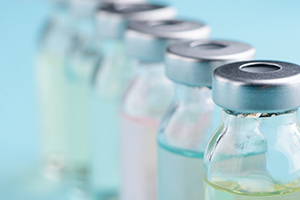
Big Scale, Big Wins: Prep Chromatography Explained
February 10, 2026
10:00am PST
10:00am PST
February 10, 2026
9:00am GMT
9:00am GMT

Understanding and Applying USP Chapter <621> for Generic Pharmaceutical Applications
February 17, 2026
10:00am PST
10:00am PST
February 17, 2026
9:00am GMT
9:00am GMT

The Future of PFAS Testing: Regulations, Innovation, and Contamination Mitigation
February 24, 2026
10:00am PST
10:00am PST
February 24, 2026
9:00am GMT
9:00am GMT
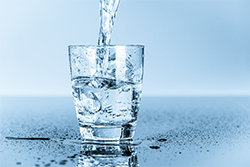
L'analisi delle acque potabili: le novità introdotte con il decreto legge 102
February 24, 2026
15:00 CET
15:00 CET
